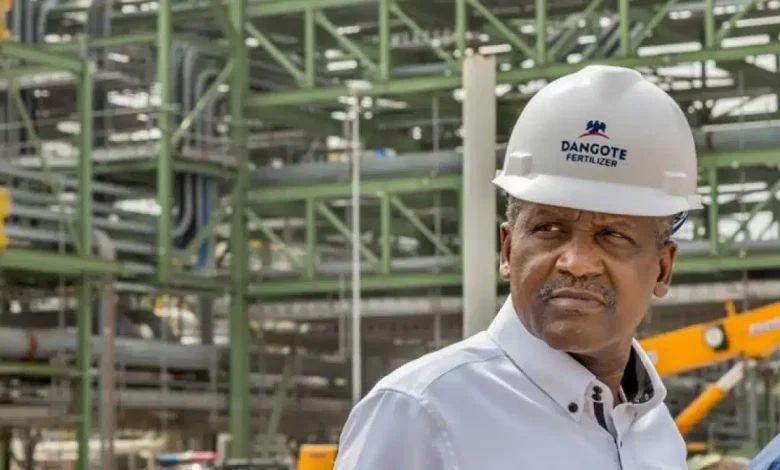
The decision by Dangote Petroleum Refinery to reduce the ex-depot price of Premium Motor Spirit (PMS) from N950 to N890 per liter has sparked mixed reactions among petroleum marketers.
The price reduction, announced late on a Saturday night, follows concerns that some traders were considering importing petrol if foreign prices remained lower than the cost of locally refined products.
The refinery explained that the price cut was driven by favorable developments in the global energy market and a significant drop in international crude oil prices.
This adjustment, they said, reflects their commitment to aligning with market conditions and ensuring consumers benefit from changes in global oil prices.
The move is expected to lower petrol prices across Nigeria, which could have a positive ripple effect throughout the economy. Dangote also urged marketers to ensure the price reduction is passed on to consumers.
However, this sudden price change presents challenges for marketers. Those who had already purchased petrol at the previous price of N950 before the reduction are now faced with the dilemma of selling their stock at a loss.
Some may be forced to sell below the cost of their purchase, leading to significant financial losses. Hammed Fashola, Vice President of the Independent Petroleum Marketers Association of Nigeria (IPMAN), acknowledged that while the price cut is a positive development for consumers, it comes with both positive and negative consequences for marketers.
Fashola explained that marketers must quickly adjust their prices to avoid losing customers to competitors who are selling the new, lower-priced fuel. He also emphasized that in the competitive environment of deregulation, there is no way to preemptively align all stakeholders before a price change, which makes it harder for marketers to minimize losses.
Some marketers and importers had previously expressed concerns about the higher prices of locally refined PMS compared to imported products, which may have influenced Dangote’s decision to reduce prices. The price cut is seen as a competitive response to ensure that local products remain attractive compared to imports.
Fashola noted that if imported PMS continues to be cheaper than locally refined petrol, it could affect the local refinery market. He suggested that other major players, including the Nigerian National Petroleum Company (NNPC), would also need to reduce their prices to remain competitive.
The National President of the Petroleum Products Retail Outlet Owners Association of Nigeria (PETROAN), Billy Gillis-Harry, welcomed the price reduction, seeing it as a positive step for both consumers and the broader economy. He believes that the reduction will lower transportation costs, stimulate economic activity, and reduce inflation.
The lower cost of petrol is expected to result in decreased prices for goods and services, offering much-needed relief to households and contributing to economic growth.
Despite the positive outlook for consumers, the price cuts also mean significant financial losses for traders. Chinedu Ukadike, National Publicity Secretary of IPMAN, highlighted that price reductions often result in billions of naira in losses for traders, especially when products like diesel and PMS are sold at a loss.
Since the Dangote refinery began operations earlier in 2024, it has already impacted the market by driving down diesel prices, forcing marketers to sell at a loss. The most recent reduction in petrol prices is likely to have a similar effect on the profitability of many marketers in the sector.





